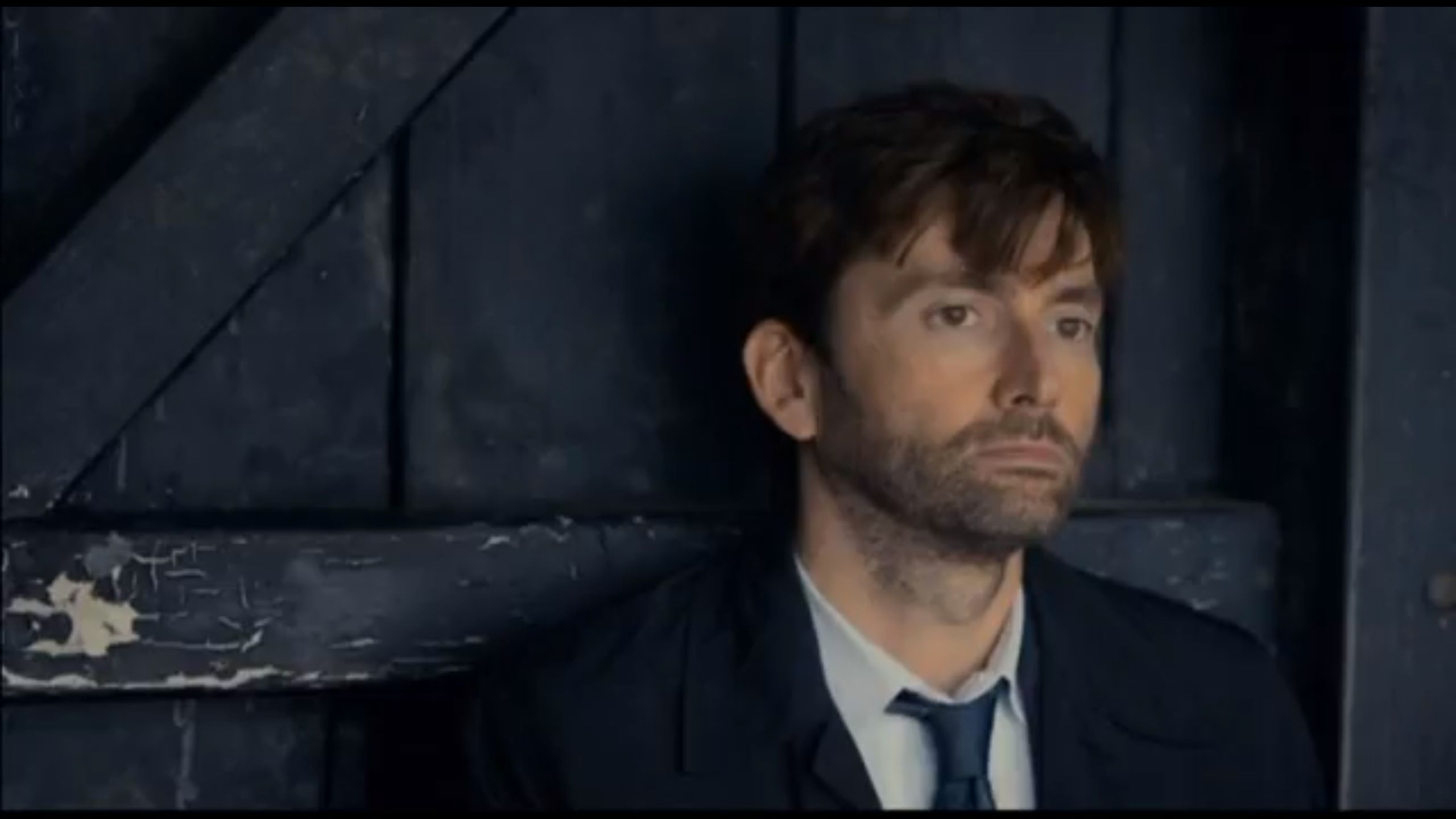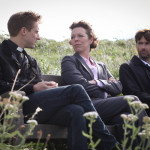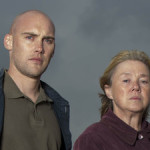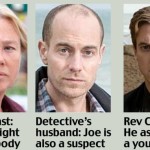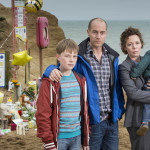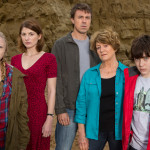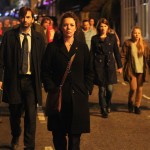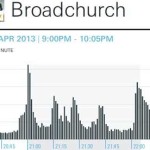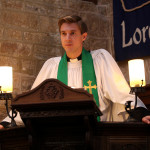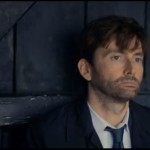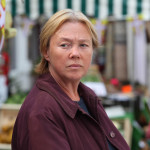Broadchurch series 1 captured the public imagination, not merely as a vehicle for the mercurial David Tennant to do his finest dour Scot act, but as a well-crafted whodunnit. The nation was gripped on episode 8 to find out who had murdered young Danny Latimer and to test out their own pet hypotheses, most of which were hopelessly wrong.
This was Agatha Christie for the digital generation, set not in stately homes but in a fictional working class community in Dorset, the sort of village where everyone knows everyone else and everyone else’s business. The thought of a murderer within their midst is hard enough to bear, bringing many tensions to the surface, but combined with pressure on the police investigation to yield rapid results and with the press clamouring for inside stories and printing their own damaging speculation everything is set for a resounding crescendo.
There is a formula at work here, to be sure. It reminds you strongly of the many police dramas to be found adorning channel broadcast time – the likes of Morse and Midsomer Murders spring to mind. Everyone has skeletons in their respective closet, they all behave suspiciously but most turn out to be red herrings – to mix metaphors.
The denouement does arrive, and after the repercussions, but for this review I won’t be revealing any spoilers – that would not do. Instead I will focus on three key factors that make Broadchurch what it is, starting with location, location, location. The Dorset locations, particularly the cliffs and beach, play a key role in this drama, aiding and abetting the tense, close-knit claustrophobic feel – the sort of small town you can’t easily escape from, no matter how hard you try.
But then, this is a device used to great effect on many previous occasions. After all, you could only associate Morse with Oxford and Midsomer Murders with the villages of the Thames Valley – and doubtless you can provide a hundred more example of the location. But in Broadchurch the locations use lend to the oppression rather than offering a scenic English backdrop. Broadchurch is as much a character as any other actors within.
Populating such a location requires not only a good working knowledge of the Jurassic Coast and its local dialect, but also a deep understanding of small town thinking, and especially the mindset and characters populating this stage. Chris Chibnall pulls off this feat, but the question is whether he can create a coherent drama with three dimensional characters and logical narrative progression through to the shocking conclusion?
Which leads neatly into the cast, for they take the material offered and run with it. As mentioned there are a few wayward moments when the emotions acted seem blatantly to contradict the words, and I don’t just mean hidden motives either – but those notwithstanding the actors involved give a highly credible account of themselves.
By and large the script does a good job, even allowing for a few moments that jarred, though maybe they can be attributed to direction and interpretation? Fact of the matter is that when you get an audience hooked to the very end, you must be doing a lot of things right, so all power to Chibnall’s elbow. The population he creates are members of the community, though each in his or her way is shifty for reasons mentioned above. After the elimination (or is he?) of the dad Mark Latimer (Andrew Buchan, possibly the weakest link), first real suspect, hounded to his death, is newsagent and suspected paedophile, Jack Marshall. Marshall is played with noble dignity and ultimately paranoia by David Bradley – an excellent character actor whose performances, even cameos, are minor gems (see Another Year.)
In each case the police must sort the wheat from the chaff to get through to the burning truth about this murder. It takes its toll, particularly on DI Hardy (Tennant), the dour Scot whose mind is haunted by the case that was thrown out of court for very personal reasons. Irked by his appointment is DS Ellie Miller (Olivia Colman), the local copper who was overdue promotion to DI. Miller is also compromised by her close association with the locals and the messages passed on by the local psychic and telephone engineer Steve Connelly (Will Mellor.)
With all due respect to the fine cast mentioned above, and many not, acting honours go to Pauline Quirke. For all her soaps and sitcoms background, Quirke is a remarkable actress, all the more effective for her lack of showy look-at-me scene stealing. Her character Susan Wright, is always a feisty, confrontational – almost menacing figure, yet she carries it off with minute skill, even when saying nothing the atmosphere changes when she is on screen. This to me is what comprises good acting – the audience is aware of your brooding significance without ever feeling you dominate the plot. Her moment comes, and when it does she delivers a bravura performance.
Perhaps this is also testament to directors James Strong and Euros Lyn, since no character dominates unduly, yet all play their part in the overall drama. Without ever being in the Hitchcock class, suspense grows to a crescendo over the course of 8 episodes, with a satisfying finale, one that leaves you wondering where series 2 has left to go… but I’m about to watch, so maybe you will gain a further review shortly. TBC!

